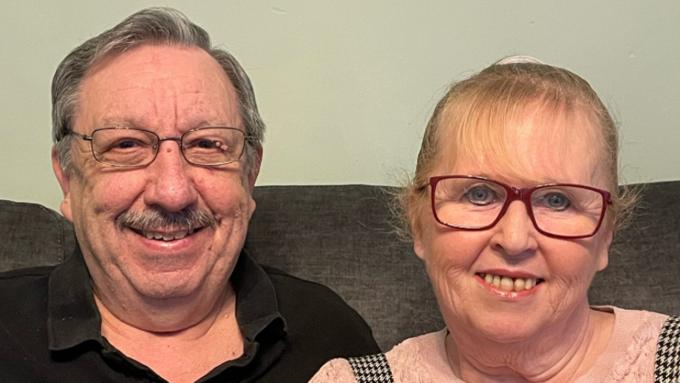There’s a good chance you can.
There are so many things about you and your personality that will make you a great foster carer, but there are a few practical things you need too. You can foster if you:
-
are aged 21 or over
-
have a spare bedroom big enough for a child or young person
-
are a full-time resident in the UK or have the right to work in the UK
-
have the time to give a child, young person or family the care they deserve
If you want to give a child or young person a loving home where they can thrive, we're here to help.
Ready to find out more? Set up your no-pressure call now and let’s explore how fostering could be the right step for you.
Foster carers can change your life for the better and they maybe don’t realise to what extent. It’s the simple things in life that so many people maybe take for granted – that it’s nice to come into the house and it’s clean and tidy, there’s dinner every night
Jamie
Child and Youth Care Worker, formerly fostered through Barnardo’s
It doesn’t matter what your religious or cultural background is, whether you're single, married, divorced, in a civil partnership, a homeowner or renting, you have the potential to foster.
What's most important is that you are caring, patient, understanding and can offer the children and young people in your care a positive and loving environment.
Our carers come from a variety of backgrounds and have all sorts of life experiences, skills and qualities which helps meet the different needs of children and young people needing a foster home.
You don’t need special qualifications or childcare experience. We’ll provide on-going support and training programmes to develop your skills and fostering knowledge.
It doesn’t matter if you’re a single parent, or if you don’t own a home; with fostering there’s nothing to lose and everything to gain. Brian and I are just normal people helping a few children find their way. I say if you’re still fit and healthy, what are you waiting for?
Jean
Foster carer with Barnardo's
Can I foster if I’m part of the LGBT+ community?
Yes you can. We have supported LGBT+ foster carers for many years and would love you to join them. We believe that if we have a diverse group of foster carers, we can better match children and young people to their perfect home.
Read about the experiences of foster carers from the LGBT+ community.
Can I foster if I already have children living at home?
You can. As part of the application and assessment process, a Barnardo’s social worker will meet with the children in your family to discuss their thoughts and feelings before you start fostering. If, as a family, you pursue your application to foster, we will work hard to ensure an appropriate match between a fostered child and your own family. Your child’s experience will be reviewed regularly, and support will be offered to ensure that their experience of fostering is a happy and positive one.
Still not convinced you’d be allowed to be a foster carer?
People often rule themselves out of fostering, thinking they wouldn't be welcome. If you have a concern our fostering frequently asked questions (FAQ) page may help.
If you've got more questions we'd love to talk to you about becoming a foster carer.

Is this the right time for you to foster?
Thinking about fostering but not sure if now is the right time? You’re not alone. Many of our foster carers felt the same way at first. To help you decide, some of them are sharing their personal experiences and advice.

The steps to becoming a foster carer
People can feel intimidated by the process of becoming a foster carer and worry that it will take a long time or mean being asked lots of difficult questions. Don't worry we'll be with you every step of the way.

Why foster with us?
To support a foster child, you need to feel supported too. With our 24/7 helpline, expert training, financial support and incredible community of foster carers there's lots of reasons to choose to foster with us.
"They always supported what I wanted to do and achieve."
Jamie was first fostered through our services when he was 12 years old. Read how 10 years of love and support from foster carers helped him become who he is today.

“He loved to sing, and won a role in the school musical. We sat on the front row both nights".
Brian and Jean never imagined spending their retirement years being 'mum and dad' for an entirely new family, but now they wouldn't have it any other way.

